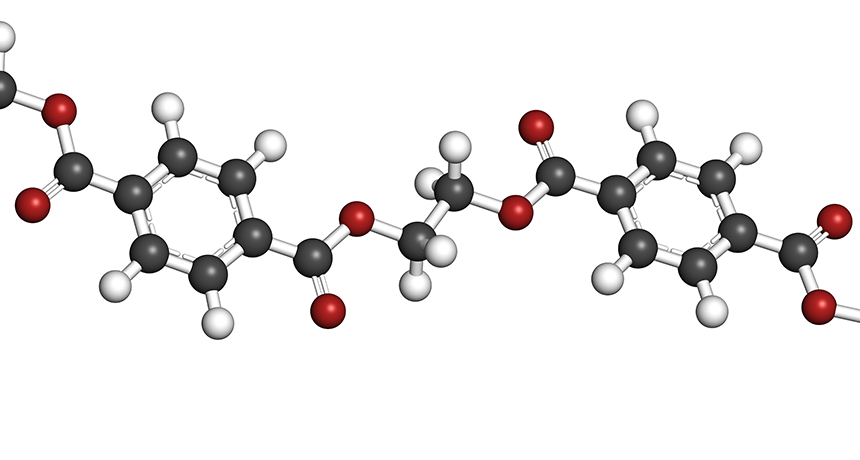Checking Out the Varied Applications and Benefits of Polymers in Different Industries
Polymers, with their diverse range of residential properties and performances, have ended up being important in various sectors, each enjoying distinct advantages from their application. From improving safety and efficiency in the automobile sector to revolutionizing clinical gadgets in the health care industry, polymers play a crucial duty.
Automotive Field Applications
Polymers play a critical function in enhancing the performance and longevity of various elements within the vehicle field. One prominent use of polymers in the automobile market is in the manufacturing of light-weight parts.

Health Care Sector Benefits
In different medical care applications, the advantages of using polymers are extensively recognized for their diverse variety of beneficial properties. Polymers play a vital duty in the healthcare industry as a result of their flexibility, biocompatibility, and cost-effectiveness. Among the key benefits of polymers in medical care is their ability to be tailored to certain needs, such as adaptability, sturdiness, and biodegradability, making them ideal for a vast array of medical applications.
Polymer-based materials are extensively utilized in clinical devices, such as catheters, implants, prosthetics, and medicine distribution systems, due to their biocompatibility and ability to imitate all-natural tissues. These products can reduce the threat of allergies or beings rejected, enhancing patient safety and security and results. Furthermore, polymers are lightweight, making them ideal for wearable medical devices and ensuring person comfort.
Additionally, polymers enable the advancement of innovative therapy methods, such as hydrogels for cells engineering and nanocomposites for targeted medicine delivery. Their convenience of processing and sanitation makes them vital for maintaining high criteria of hygiene in medical care setups. In general, the varied advantages of polymers add substantially to advancements in clinical technology and individual care.
Environmental Advantages of Polymers

Furthermore, polymers check my source can contribute to power financial savings due to their lightweight nature. In sectors such as transportation, light-weight polymer products can assist lower gas consumption and greenhouse gas exhausts. Furthermore, polymers can allow the advancement of energy-efficient products such as insulation materials that enhance power preservation in structures.
In addition, polymers play an important function in minimizing water contamination. The use of polymer-based filtration systems can effectively remove pollutants and contaminants from wastewater, safeguarding water resources and ecosystems. Overall, the environmental advantages of polymers make them beneficial properties in advertising sustainability and green practices throughout numerous sectors.
Polymers in Electronic Devices and Technology
Thinking about the boosting need for ingenious and sustainable options in contemporary industries, the combination of advanced polymer innovations in the realm of electronics and innovation has emerged as a pivotal technique for driving effectiveness and performance. Polymers have transformed the electronics industry by enabling the manufacturing of lighter, more flexible, and long lasting digital gadgets. From smart devices to clinical tools, polymers play a critical duty in enhancing product design and capability.
One considerable advantage have a peek at this site of polymers in electronics is their protecting homes, which aid shield delicate digital components from environmental factors and electric disturbance. Furthermore, polymers are crucial in the advancement of versatile displays, wearable modern technology, and published electronic devices, using unlimited possibilities for producing wise and interconnected tools.
Furthermore, the usage of polymers in electronic packaging has actually resulted in developments in miniaturization and thermal management, improving the total performance and integrity of electronic systems. As modern technology remains to advance, the flexibility and adaptability of polymers will undoubtedly drive further advancement in the electronic devices industry, shaping the future of technology.
Function of Polymers in Building and Infrastructure
Polymers offer many advantages in the building sector due to their flexibility, resilience, and imp source cost-effectiveness. One vital duty of polymers in building is their usage in finishes and sealers, supplying defense versus ecological factors such as wetness, UV radiation, and rust.
In addition, polymers play a crucial duty in lasting construction practices by enabling the advancement of energy-efficient structures. Shielding materials made from polymers help manage indoor temperature levels, minimizing the need for home heating and cooling systems and inevitably lowering power consumption. The usage of polymer-based compounds in facilities projects such as bridges and roadways enhances their long life and minimizes maintenance prices. On the whole, the incorporation of polymers in building and construction and infrastructure showcases their significant effect on modern-day engineering methods.
Verdict
In verdict, polymers play a critical duty in numerous sectors such as auto, medical care, ecological, electronic devices, and building and construction. From enhancing fuel efficiency in cars to enhancing medical tools, polymers offer many benefits.
Comments on “High-Performance Polymers: Advanced Products for Market”